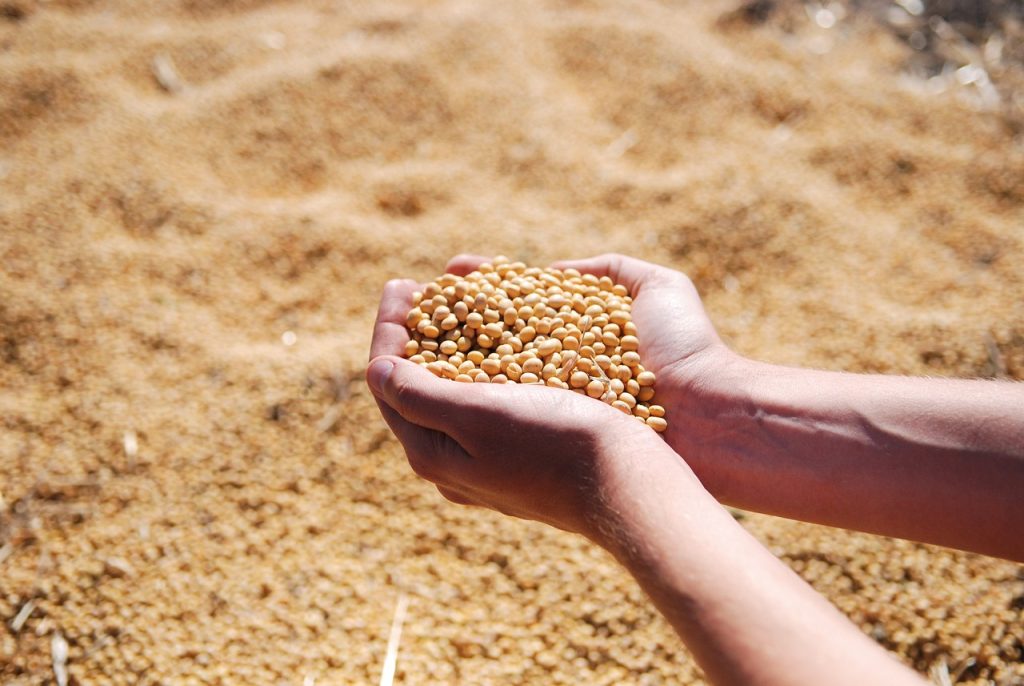
Soyabean Meal
Soybean is a versatile legume known for its high protein content, nutritional benefits, and various industrial applications. It is a staple crop worldwide, valued for its protein-rich seeds and their derivatives used in food products, animal feed, and industrial applications.
India cultivates soybeans primarily in states like Madhya Pradesh, Maharashtra, and Rajasthan. The soybean varieties grown include both food-grade and industrial-grade types, each tailored for specific uses. Soybeans are renowned for their high protein content, essential amino acids, and beneficial phytochemicals such as isoflavones. They are versatile in culinary applications, used in the production of soy milk, tofu, and soy flour. Soybean cultivation benefits from the fertile soils and favorable climate of central and western India, supporting high yields and quality production.
Soybeans are a significant crop in India, playing a crucial role in food security and industrial sectors. They are harvested once a year during the autumn season, ensuring a steady supply throughout the year. Indian soybean farmers and processors employ modern agricultural practices to maintain quality and yield. Quality control measures include sorting, grading, and processing techniques to meet domestic and international standards. The versatility of soybeans extends to their industrial uses, such as biofuel production, making them a sustainable crop choice.